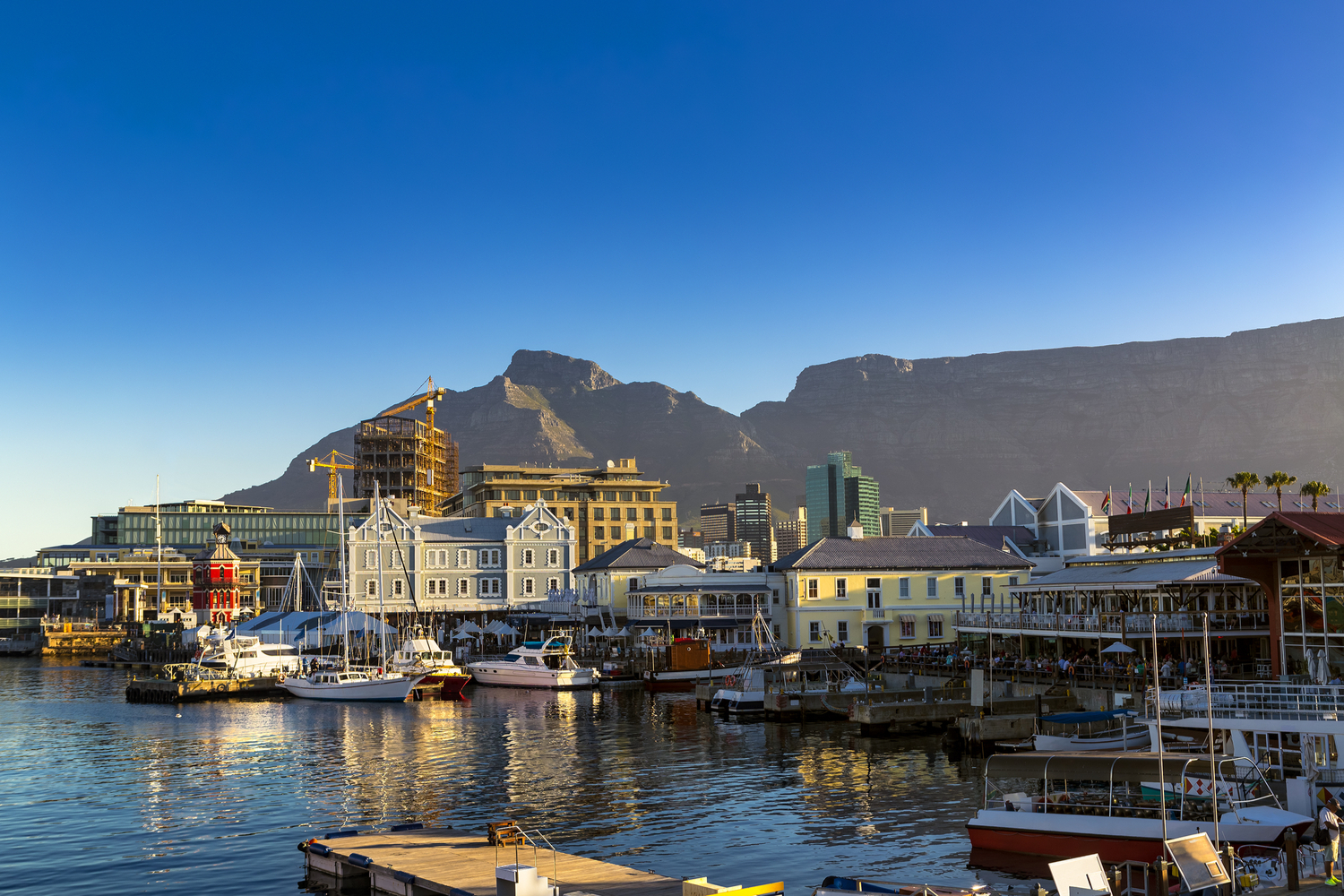South Africa opens up international travel to all countries

South Africa will open up travel to all countries in an effort to boost the tourism and hospitality sectors. This was revealed by South Africa’s President Cyril Ramaphosa. “We are opening up international travel to all countries subject to the necessary health protocols and the presentation of a negative COVID-19 certificate,” he said.
“By using rapid tests and strict monitoring we intend to limit the spread of the infection through importation. We expect that these measures will greatly assist businesses in the tourism and hospitality sectors,” he added.
Despite having the highest number of confirmed COVID-19 cases on the continent, the nation is looking to increase tourist footfalls in a bid to curb the impact of its staggering economy. Africa’s most advanced economy, which has recorded more than 740,000 COVID-19 cases and over 20,000 deaths, has seen infections rise since it eased lockdown restrictions in September to their lowest levels.

Ramaphosa, in a televised national address, said normal trading hours of alcohol would be restored too, after sales were restricted on weekends in an effort to reduce pressure on hospitals due to alcohol-related accidents. The president did not give further details, or a specific date for the reopening.
South Africa opened its borders to some international travellers at the beginning of October after a six-month ban but restricted entry from high-risk countries, with the latest list including the US, UK, France, Russia, Brazil and India. The country depends heavily on tourism, which prior to the pandemic contributed nearly 9% of its gross domestic product and employed over 4% of the workforce.
The economy was already in recession before the pandemic struck, and one of the world’s strictest lockdowns has exacerbated its woes with millions of its citizens losing their jobs or being pushed deeper into poverty.
Ramaphosa, however, warned of a potential resurgence in infections, saying the number of new cases in the Eastern Cape province was 50% higher than the week before, with higher infection rates also seen in the Northern Cape and Western Cape regions.














Comments are closed.